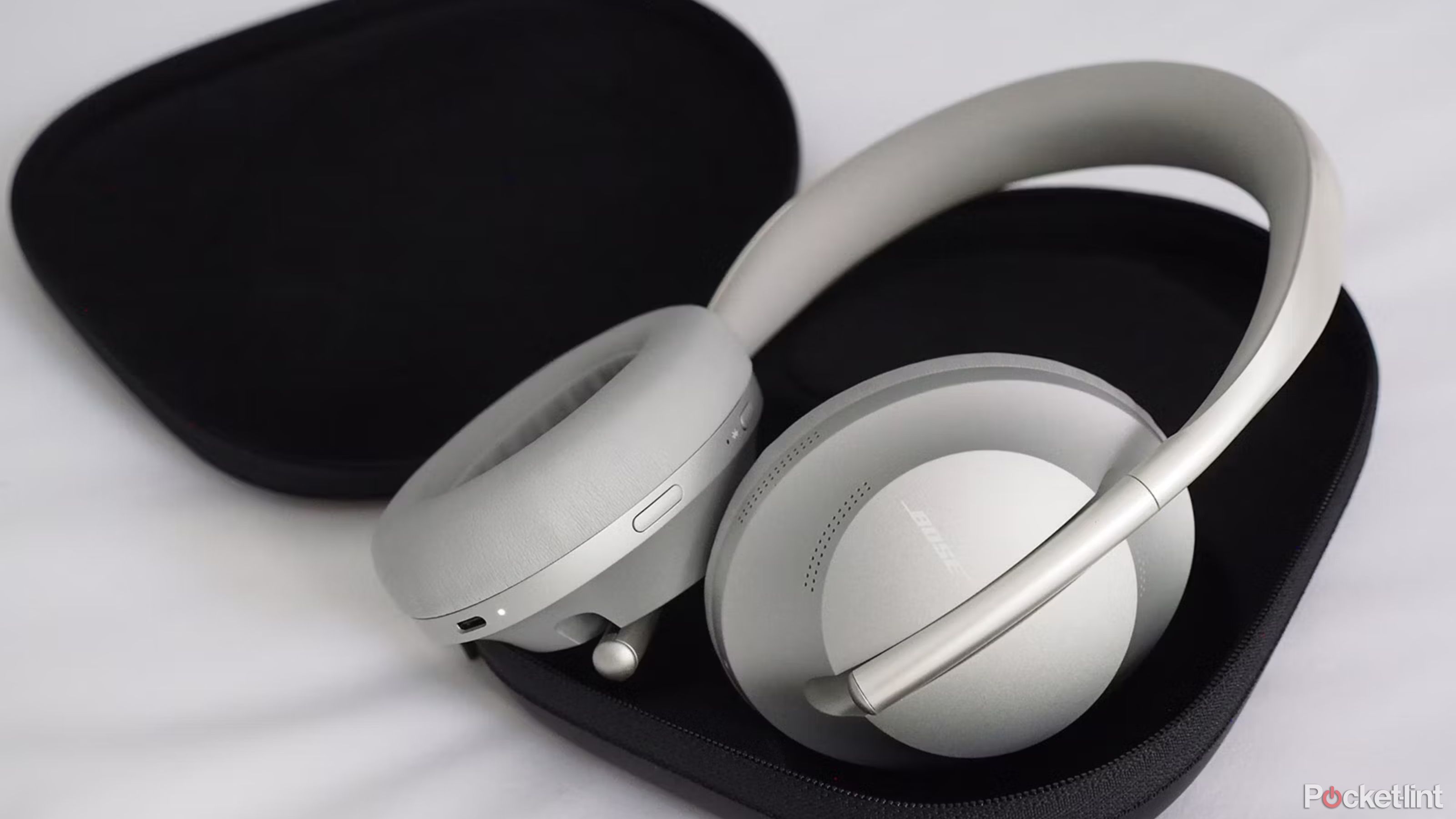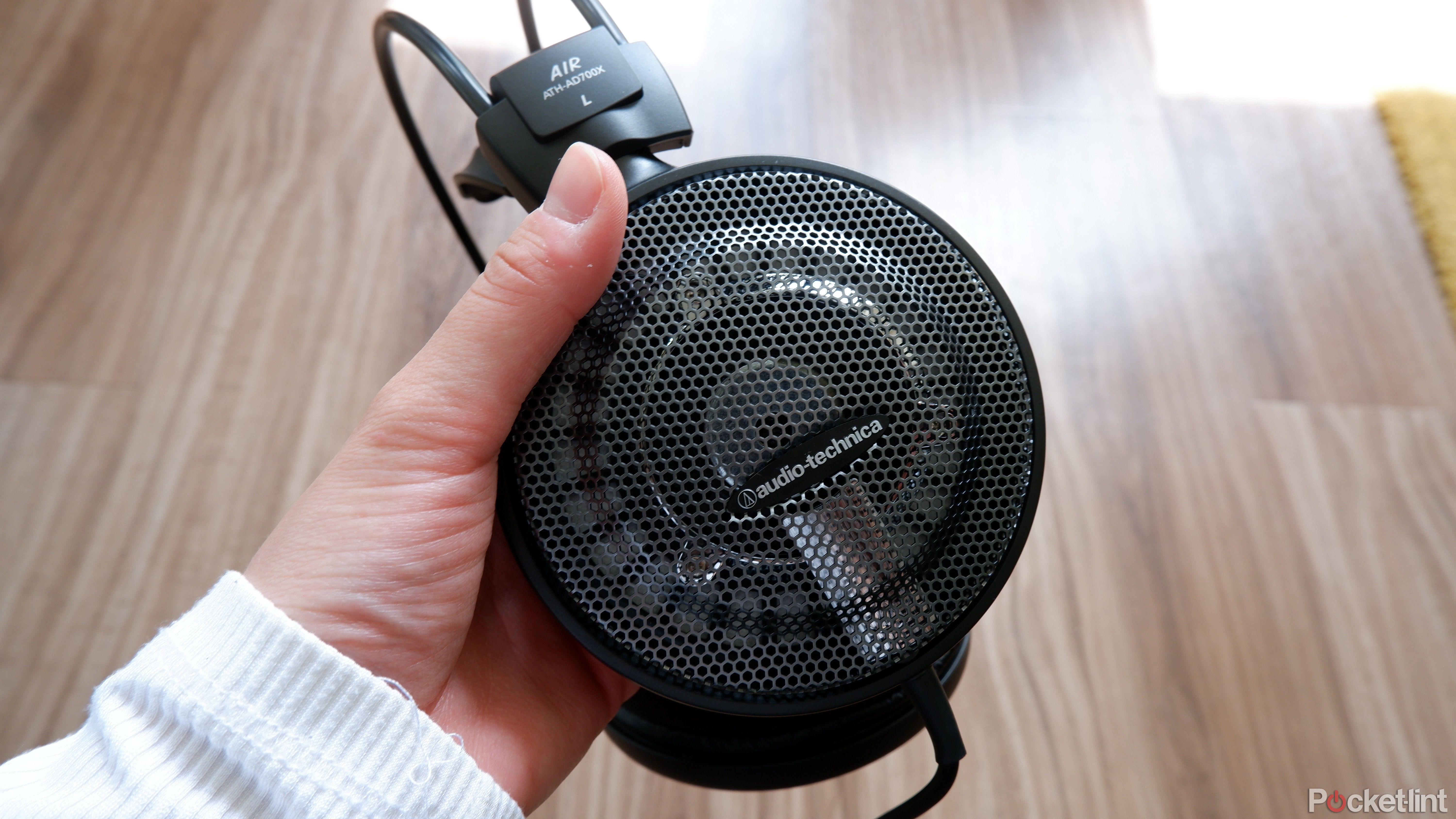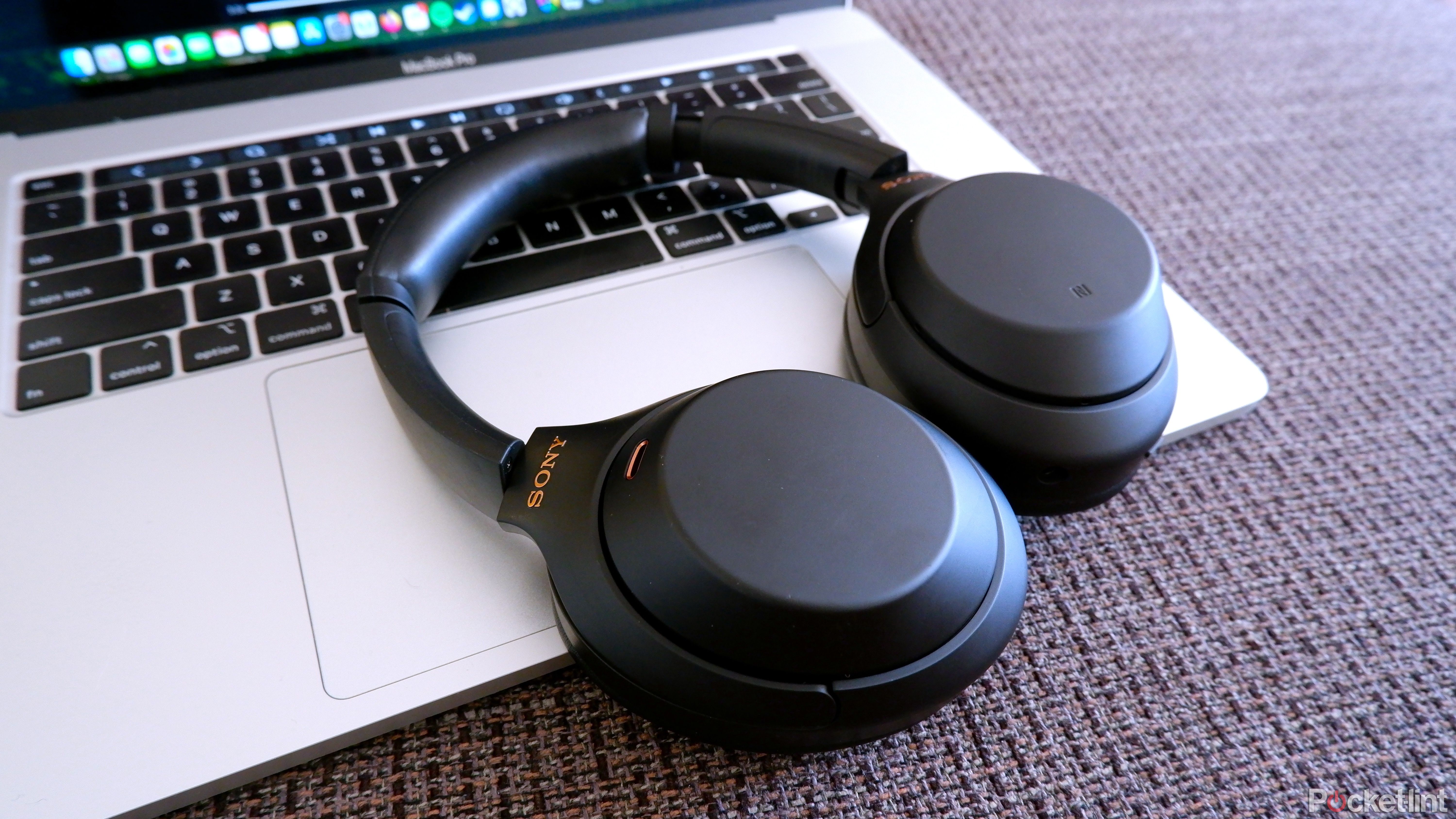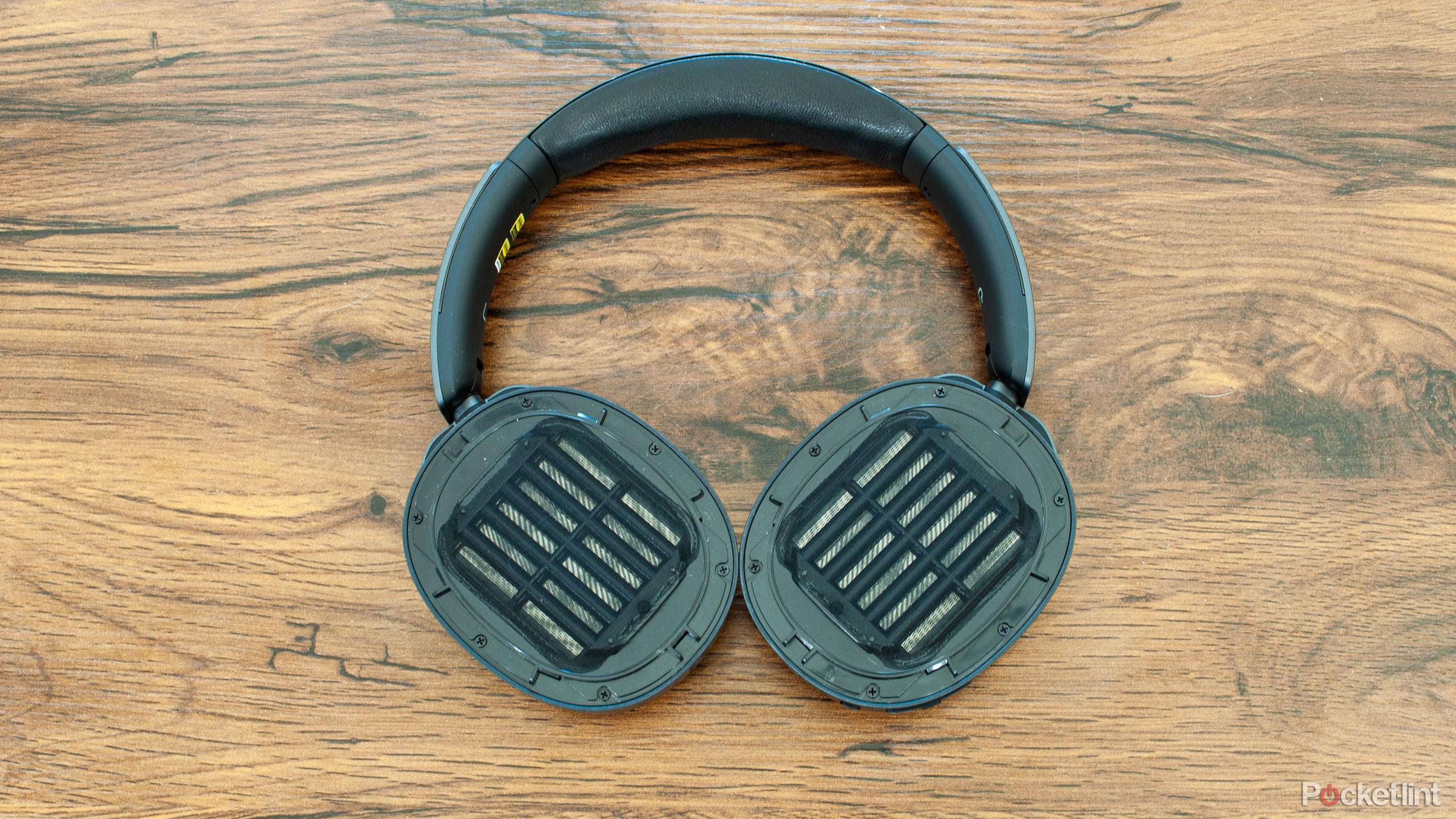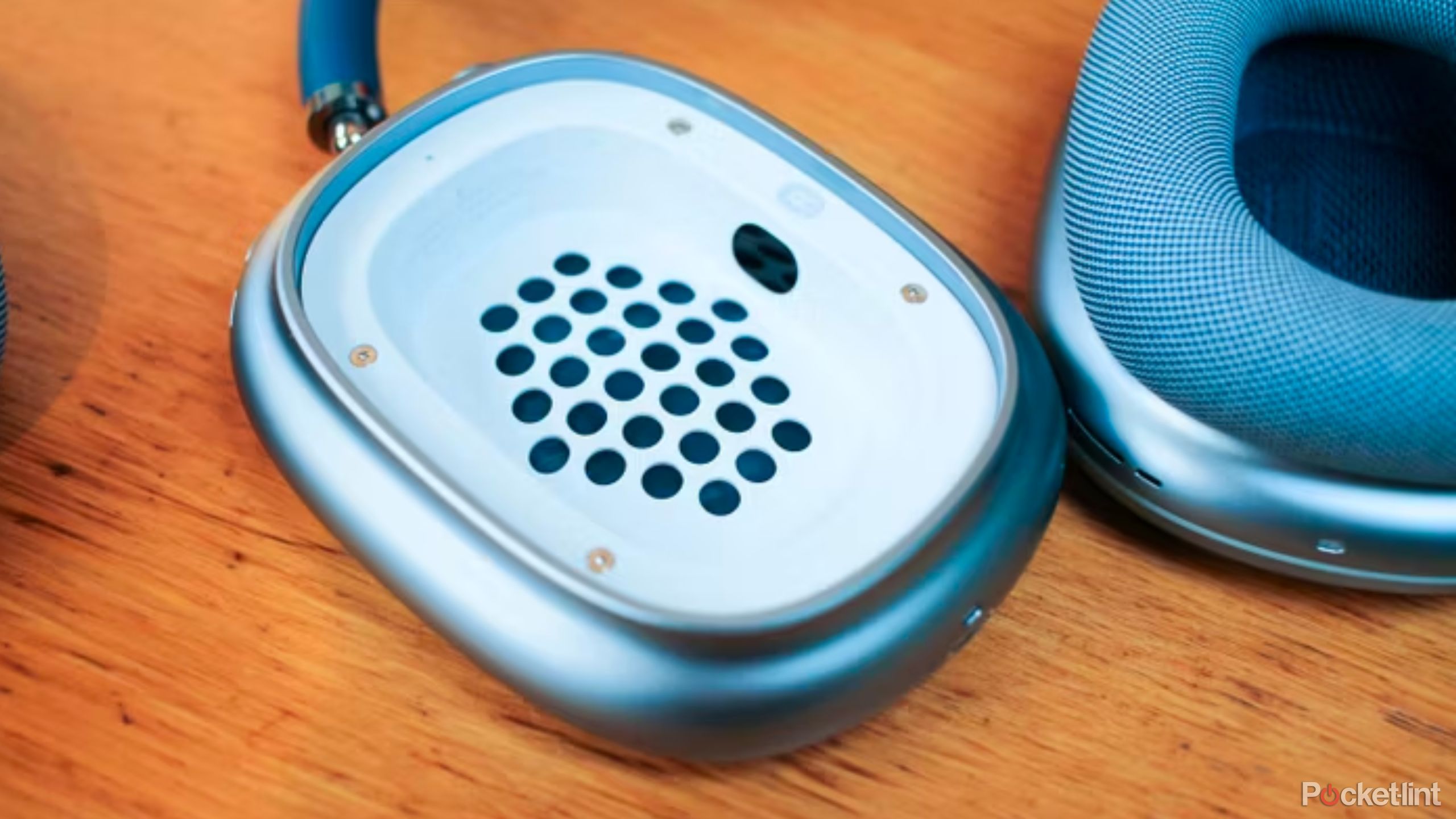Key Takeaways
- Dynamic drivers have a time-tested design and are cheap to manufacture, making them a good choice for consumer headphones and earbuds.
- Dynamic drivers create sound using a magnet, coil, and diaphragm, which move air particles to produce pressure waves.
- While dynamic drivers may cause distortion at high volumes, they are versatile, cost-effective, and reproduce bass frequencies very well.
When you’re looking through the spec sheet for a pair of headphones or earbuds, there’s a very good chance that on that list, under the driver section, you’ll see the words “dynamic drivers.” These are extremely common drivers in consumer headphones, but there’s also a very good chance you may not know exactly what they are.
So, if you’re in the market for new headphones or earbuds, it’s good to be informed about what you’re buying. It’s also just nice to have a better understanding of the internal components of the headphones you own, because chances are, as long as you’re not buying expensive audiophile equipment, most if not all the headphones you’ve ever used contained dynamic drivers.
Related
7 features to look for when buying wireless earbuds
From physical features to software nuances, here’s what to consider before adding Bluetooth buds to your cart.
What are drivers?
Drivers, well, drive sound.
Put simply, drivers are the part of headphones and speakers that produce the sound that travels to your ear. Knowing that sound is a kind of wave, drivers move air particles to create pressure waves that make you hear sound. Different drivers are built differently to create this movement, with different kinds having different pros and cons, with varying levels of sound quality, build quality, size, and even fragility.
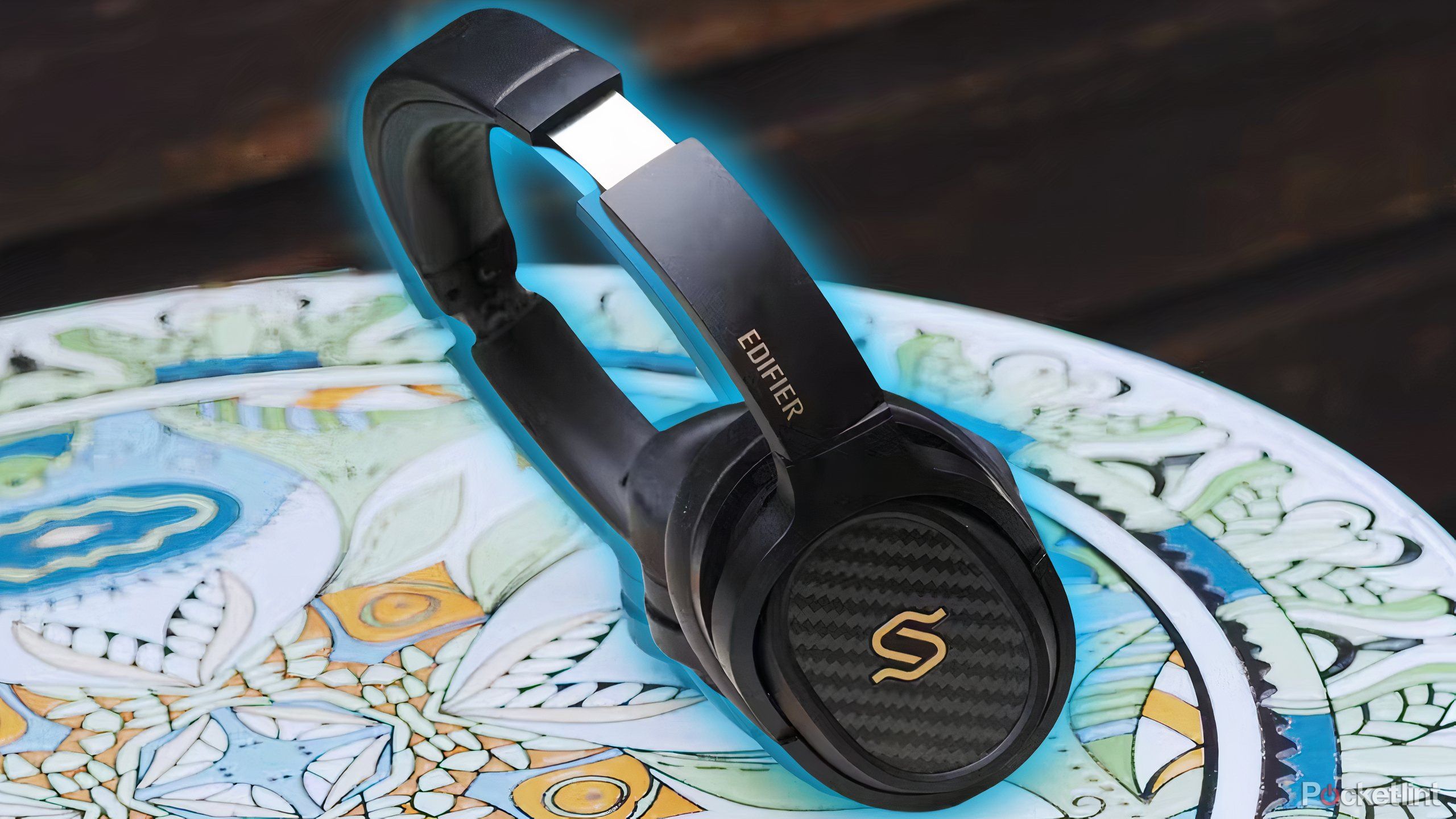
Related
Edifier’s planar magnetic headphones deliver the best audio quality I’ve ever heard
The Edifier Stax Spirit S3 don’t try to compete with big names for ANC quality and focuses on producing full, clear audio.
Drivers are also sometimes known as transducers. “Transducer” as a general term, refers to anything that converts energy from one form into another, and in this case, the drivers in a pair of headphones are converting electric energy from the input signal into sound energy that reaches your ear.
Dynamic drivers, explained
A 100-year-old design still going strong
Dynamic drivers are made of a coil, a membrane, and a magnet. The magnet creates a magnetic field, which moves the coil using the electric current moving though it, in turn moving the diaphragm the coil is attached to and making the air move to create sound. Ultimately, it’s a really simple type of driver that has existed for quite a long time, and it remains in use because of its simplicity and effectiveness. The original dynamic driver was invented in 1925, and the design hasn’t changed much in the nearly 100 years since its invention.
You’re likely to find dynamic drivers in the vast majority of consumer headphones, because they’re fairly cheap to manufacture due to their simplicity, and you’re very likely to find them in earbuds because they can be made small enough to fit inside an earbud.
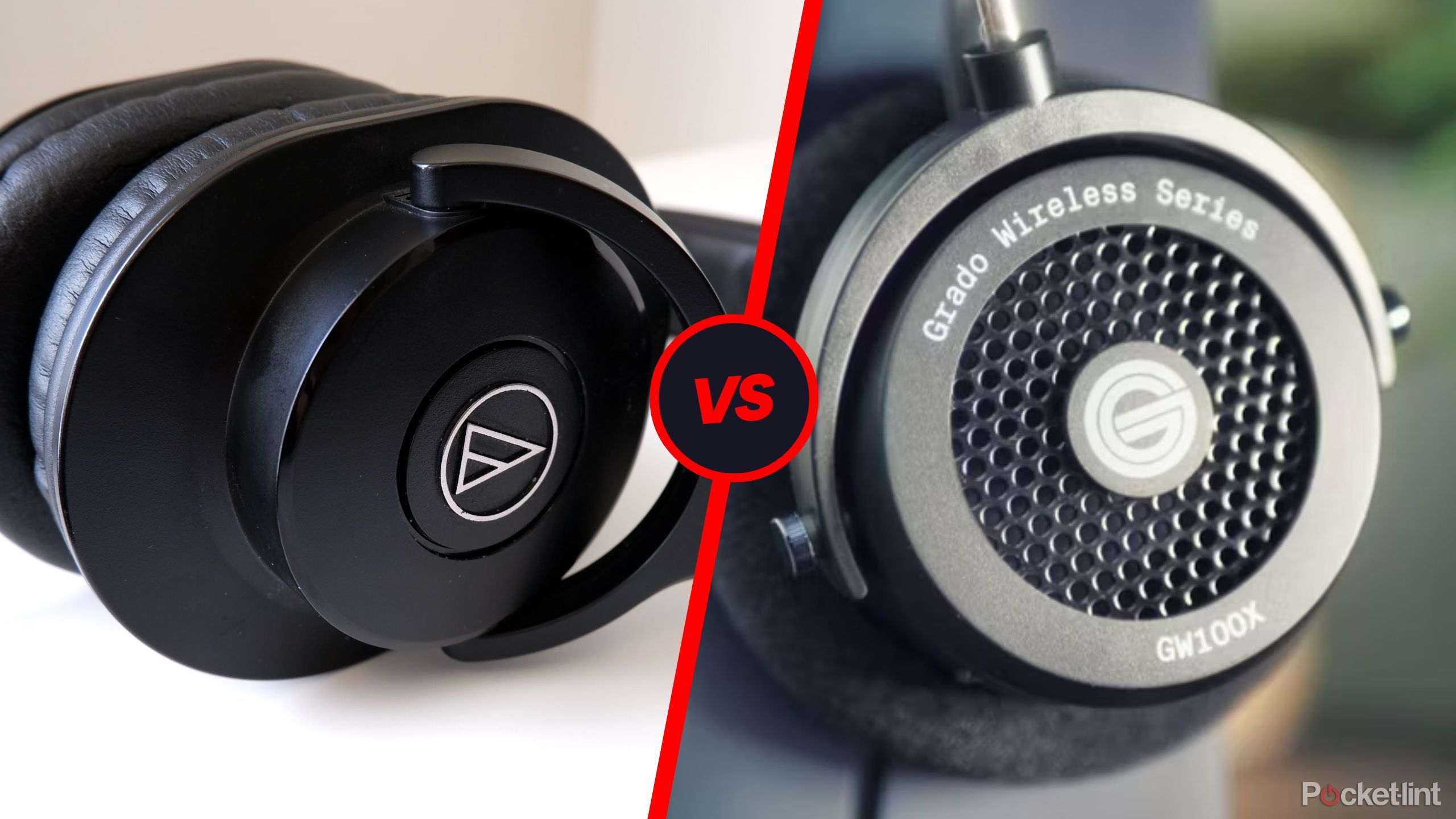
Related
Open-back vs closed-back headphones: Which best suit your listening?
Whether you’re a musician, a Hi-Fi enthusiast, or shopping for new over-ears, here are the key differences to note before buying.
The pros and cons of dynamic drivers
Affordable, widespread, but with some distortion
The best part of dynamic drivers are both their versatility and affordability. They can be used in so many types of headphones and earbuds due to their flexibility in size, and the simple construction of dynamic drivers makes them one of the cheapest drivers to manufacture. These reasons are why they’re so ubiquitous. They’re also excellent at reproducing bass frequencies, making them great for regular consumer headphones, since consumers tend to prefer a bit of a bass emphasis.
0:42
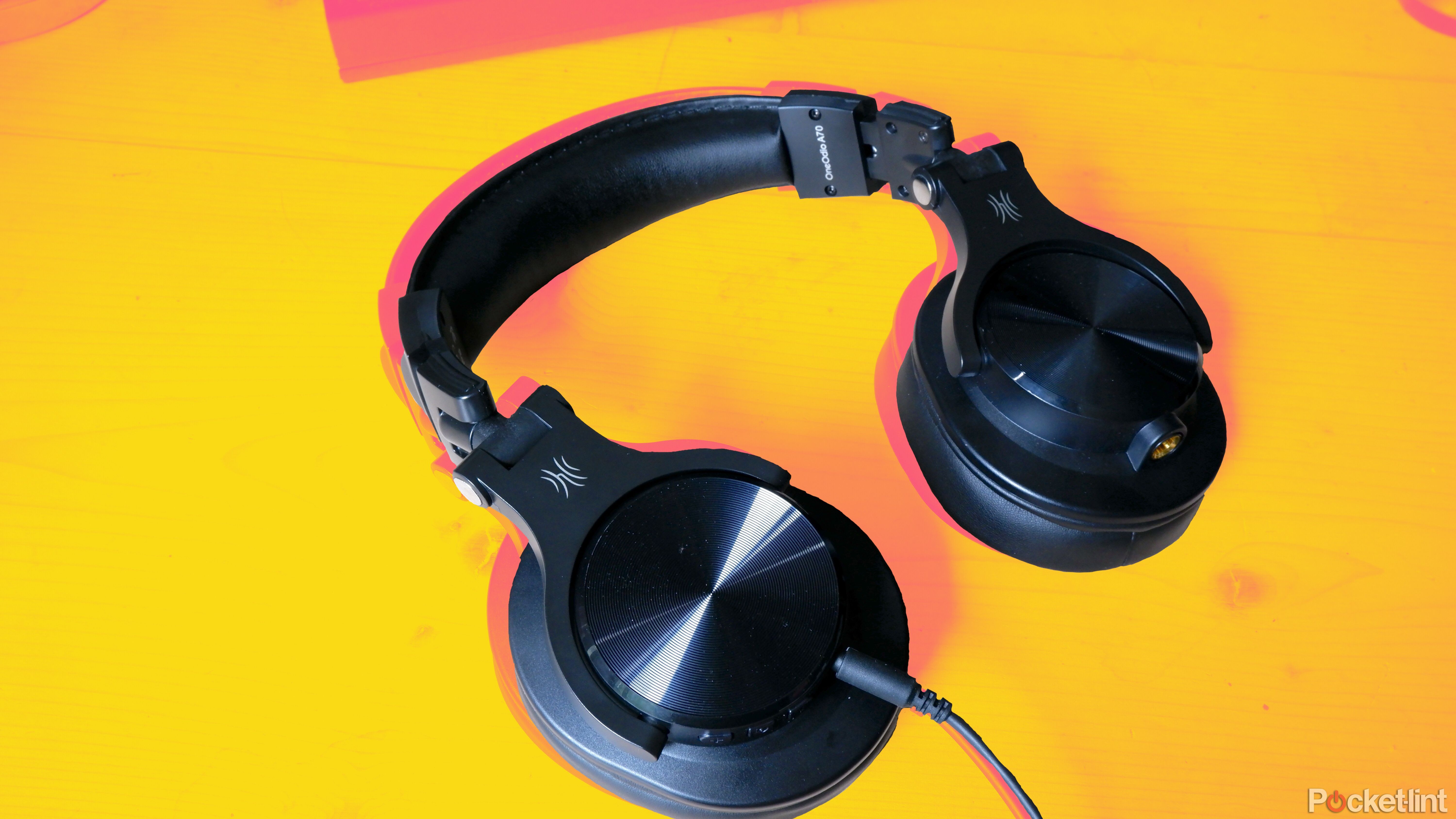
Related
Why these $55 Bluetooth headphones beat my expectations
The OneOdio A70 headphones connect in three ways, have a long battery life, and sound wonderful.
On the other hand, the most major drawback that people tend to identify about dynamic drivers is that at louder volumes, sounds tend to get distorted. Sound quality can also vary a lot based on how the headphones are constructed, and what materials are used in the drivers.
How do they compare to other types of drivers?
Not all drivers are built the same
All drivers have the same basic function of creating sound using air displacement to create waves, but how they do this and how they’re built varies, and even though dynamic drivers are by far the most common, there are others out there that have some advantages and disadvantages when compared to dynamic drivers. I won’t cover every kind of driver, but rather compare dynamic drivers to two other drivers with similarities, that you may find in some other consumer and audiophile headphones.
Planar magnetic drivers, like dynamic drivers, have a coil that runs through a membrane, but instead of using only one magnet, there are magnets on either side of the membrane. This way, the membrane moves back and forth between the magnets, rather than being driven by just one. This makes for better sound reproduction, less distortion, and a wider soundstage than dynamic drivers, but comes with the caveats of being heavier and bulkier, more fragile, and much more expensive to produce.

Related
Do you need spatial audio on headphones?
It might sound like the sound of the future, but actually how important is spatial audio?
Another less common kind of driver are electrostatic drivers, which instead of using magnets use electrified plates to create an electrostatic field that move a membrane to create sound waves. Instead of being moved by a magnetic field like planar magnetic or dynamic drivers, the membrane is moved because the plates have opposite electric charges. This allows for less distortion in your audio and a wide soundstage, but it comes with the caveat of being much more expensive to produce. Additionally, due to the fact that it requires a lot of voltage, you will need to use an amplifier to provide extra power to use electrostatic drivers.
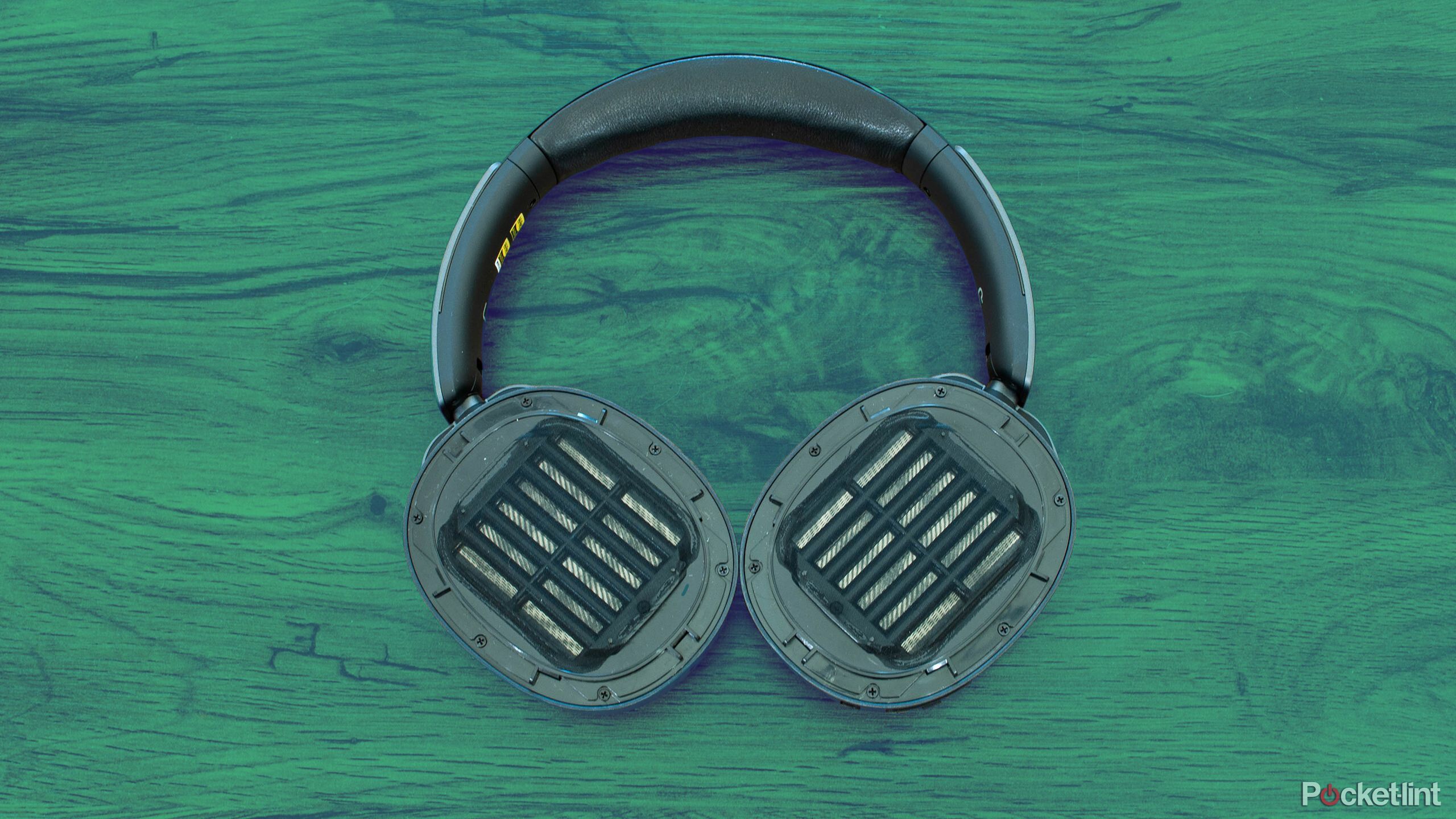
Related
5 things to know about planar magnetic drivers before buying headphones
If you’re interested in headphones geared towards audiophiles, here’s the basics on planar magnetic drivers.
Should you get headphones with dynamic drivers?
Ultimately, dynamic drivers make up the majority of your options in the headphones market. If you have any budget restrictions, or are just looking for regular headphones you can plug into your computer or phone and enjoy with no fuss, dynamic drivers are going to serve you well.
Other kinds of drivers, while good, can be expensive, heavy, and finnicky, so dynamic drivers strike a better balance of being affordable and sounding good.
Other kinds of drivers, while good, can be expensive, heavy, and finnicky, so dynamic drivers strike a better balance of being affordable and sounding good. The size of drivers can make a difference when it comes to sound quality, so you may opt for 50mm drivers over 30mm drivers if you’re looking to get better bass response, for example.
Trending Products

Cooler Master MasterBox Q300L Micro-ATX Tower with Magnetic Design Dust Filter, Transparent Acrylic Side Panel, Adjustable I/O & Fully Ventilated Airflow, Black (MCB-Q300L-KANN-S00)

ASUS TUF Gaming GT301 ZAKU II Edition ATX mid-Tower Compact case with Tempered Glass Side Panel, Honeycomb Front Panel, 120mm Aura Addressable RGB Fan, Headphone Hanger,360mm Radiator, Gundam Edition

ASUS TUF Gaming GT501 Mid-Tower Computer Case for up to EATX Motherboards with USB 3.0 Front Panel Cases GT501/GRY/WITH Handle

be quiet! Pure Base 500DX ATX Mid Tower PC case | ARGB | 3 Pre-Installed Pure Wings 2 Fans | Tempered Glass Window | Black | BGW37

ASUS ROG Strix Helios GX601 White Edition RGB Mid-Tower Computer Case for ATX/EATX Motherboards with tempered glass, aluminum frame, GPU braces, 420mm radiator support and Aura Sync


